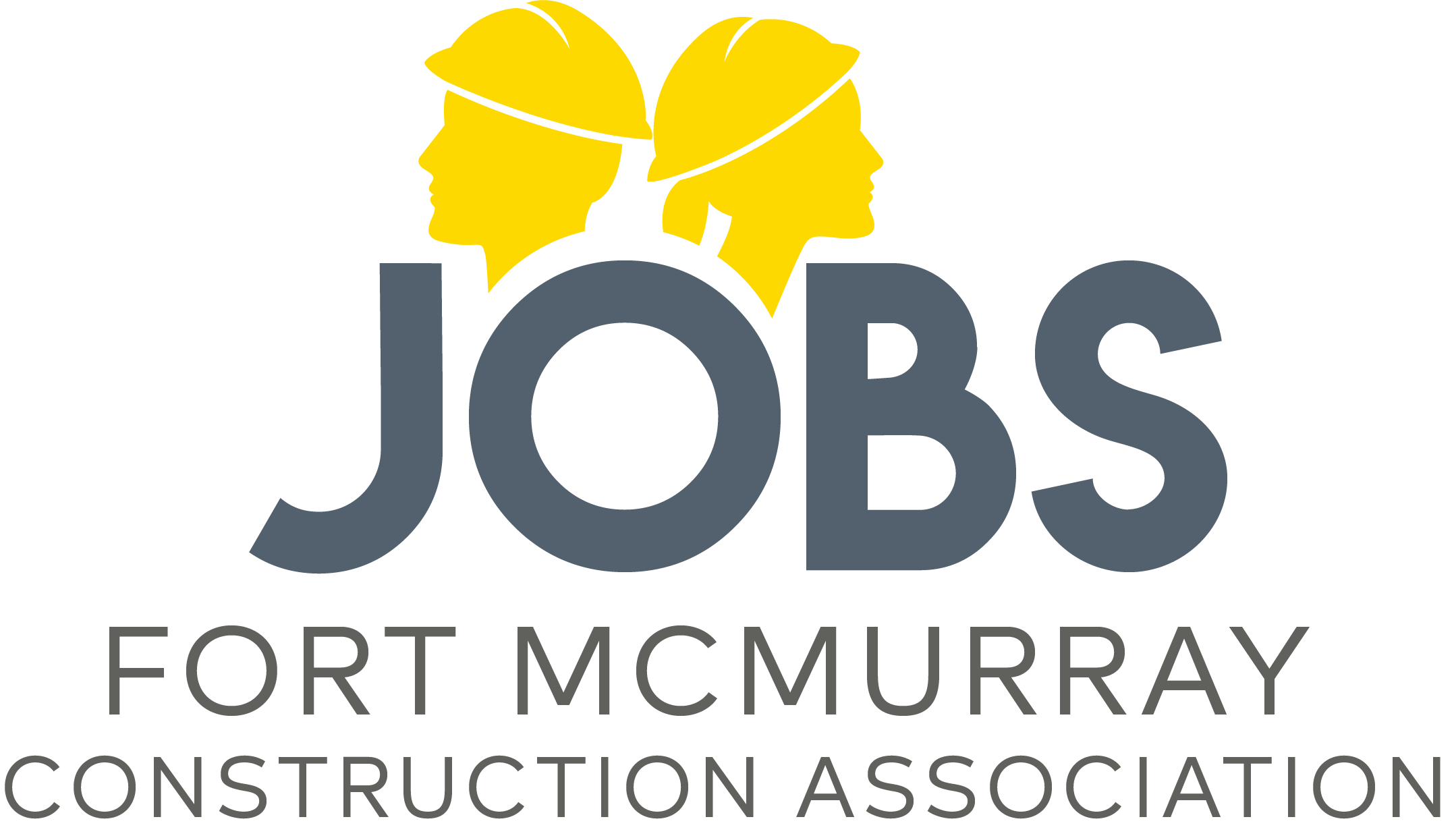A solid resume is one of the most important things you can do to ensure you get the right job. Many job seekers overlook this very important process, but it can be the thing that makes or breaks your employment search. JOBS by FMCA wants to help you succeed, so we’ve developed a list of helpful resume tips to follow.
Tip #1: Although having your past work experiences on your resume is great, it is also good to put other information on it. For example, discuss your strengths and personality strengths. You do not want a potential employer to look at your resume and be bored with just every detail of your work history. HINT: If you’re an older job seeker, you should only include the most pertinent of your experience on your resume. Don’t include more than fifteen years of experience, and don’t give dates. This information can be provided upon request. You could also outline more distant experience briefly in your cover letter or another area of your resume.
TIP #2: Always be truthful on your resume. This is important, even if you believe that a problem in the past will never surface. If you’re not too proud of something that you did in the past, it should be omitted from your resume. You never know if the potential employer could somehow find out the truth.
TIP #3: Be organized. Your resume needs to be very organized so that employers can determine your background easily. You resume should highlight your educational background, job experience and any special skills and strengths. Be sure to include contact information and any volunteer work. If you’re not very skilled at this, you should hire help to write your resume. A professional resume will not only look good and read right, but it will also be written in such a way that job boards like. The FMCA offers this as a paid service on the job board – click here to learn more.
TIP #4: Stay current. You should always keep your resume current, even when you are not on the hunt for a job. You never know when an opportunity may present itself, so have a copy of your resume ready and available. It will also be easier to keep track of previous employment when you don’t have to track down each bit of info as you need it.
TIP #5: Get help. There are numerous free or low-cost services available that can help you obtain everything from career advice to resume writing. A good place to start your search for these services is your local library and Department of Labor. Look for applicable classes and workshops and sign up!
TIP #6: As silly as it may seem, be sure the email address, you use when applying for jobs is an appropriate one. Your current email address can be something cute or personal, but when you apply for a job, it does not make you look very professional. Most email providers offer free sign ups so it will not cost you anything to create a professional email address.
TIP #7: When you are creating a resume, try to include some of the key words that the job you are applying to is looking for. Sometimes, companies will weed out resumes based on these words, as it is a very easy way to get the call for an interview through your resume.
TIP #8: Call your references. This is important for a few reasons. The first is that they need to be warned that they may be called, plus you should let them know what sort of skills they should be highlighting. Second, their number or email address may have changed, so you need that update.
Your resume will often be the first thing that a prospective employer will see, and without a good resume, you can rest assured that you won’t be called in for an interview! Show your resume to your friends and family members whose opinions you value to get their feedback and advice. And remember, no matter how hopeless things appear, you really have to just keep trying. Get your resume rewritten and try going for jobs that you usually would avoid. Try anything to get yourself working again. The advice from this article can help, as long as you stay focused on your goal.


